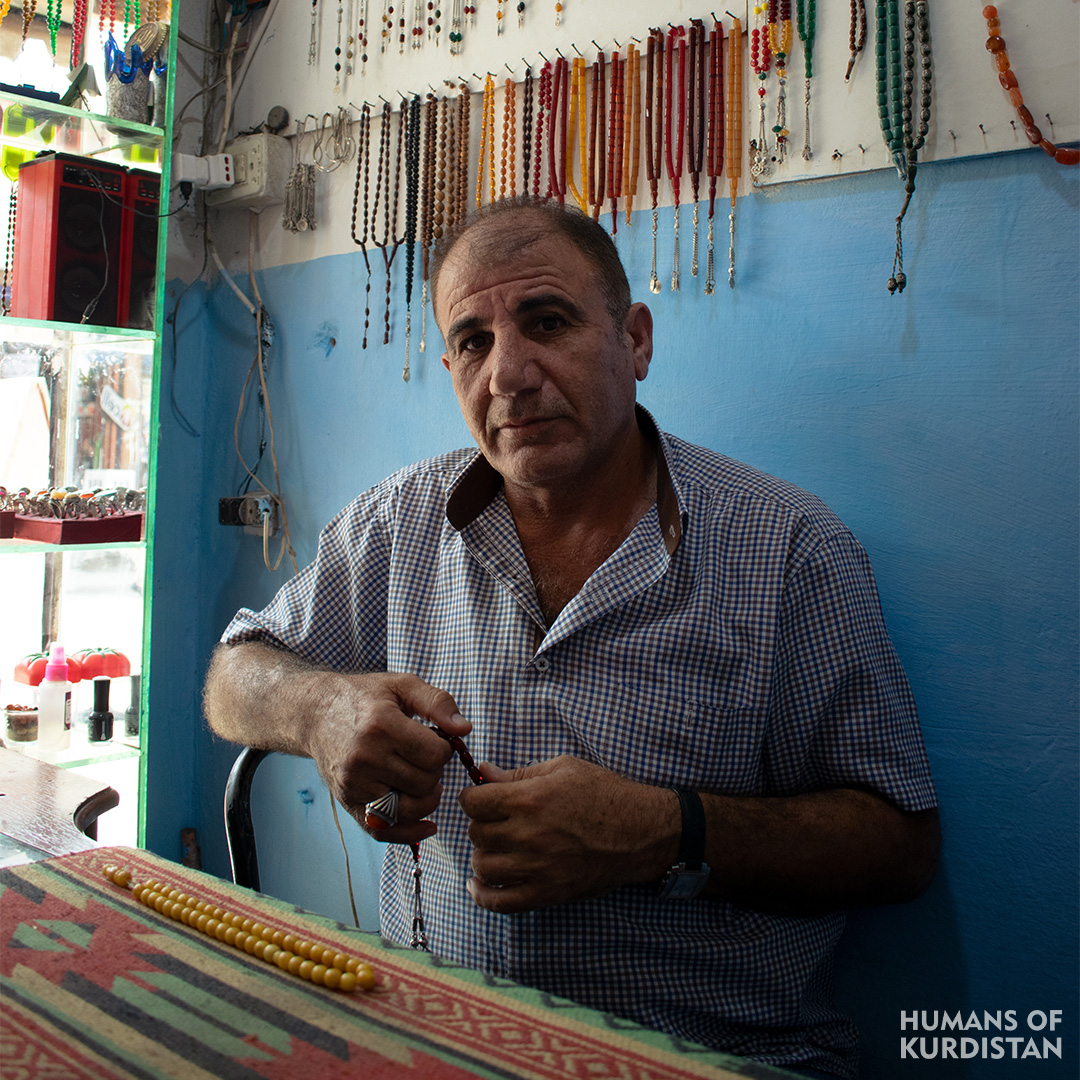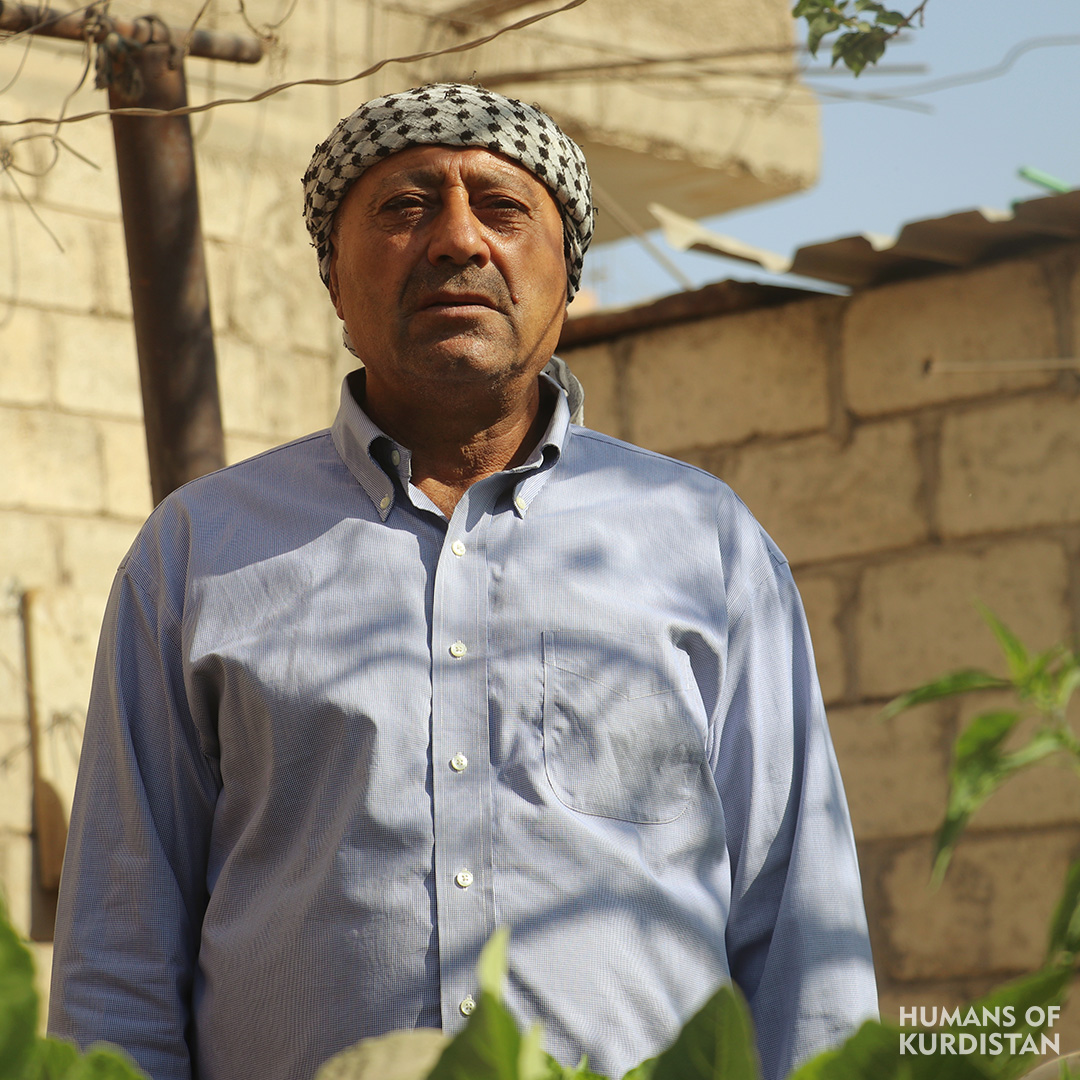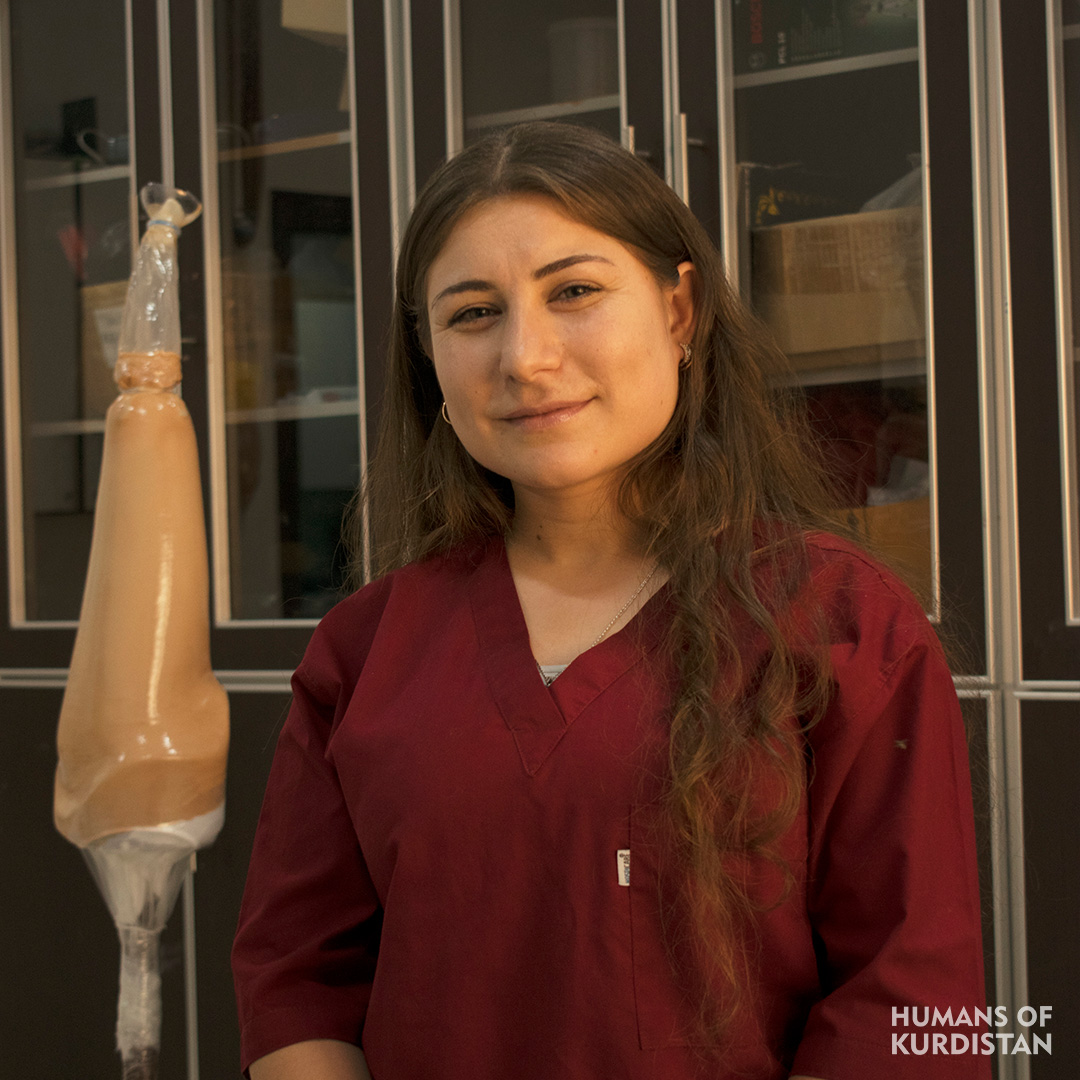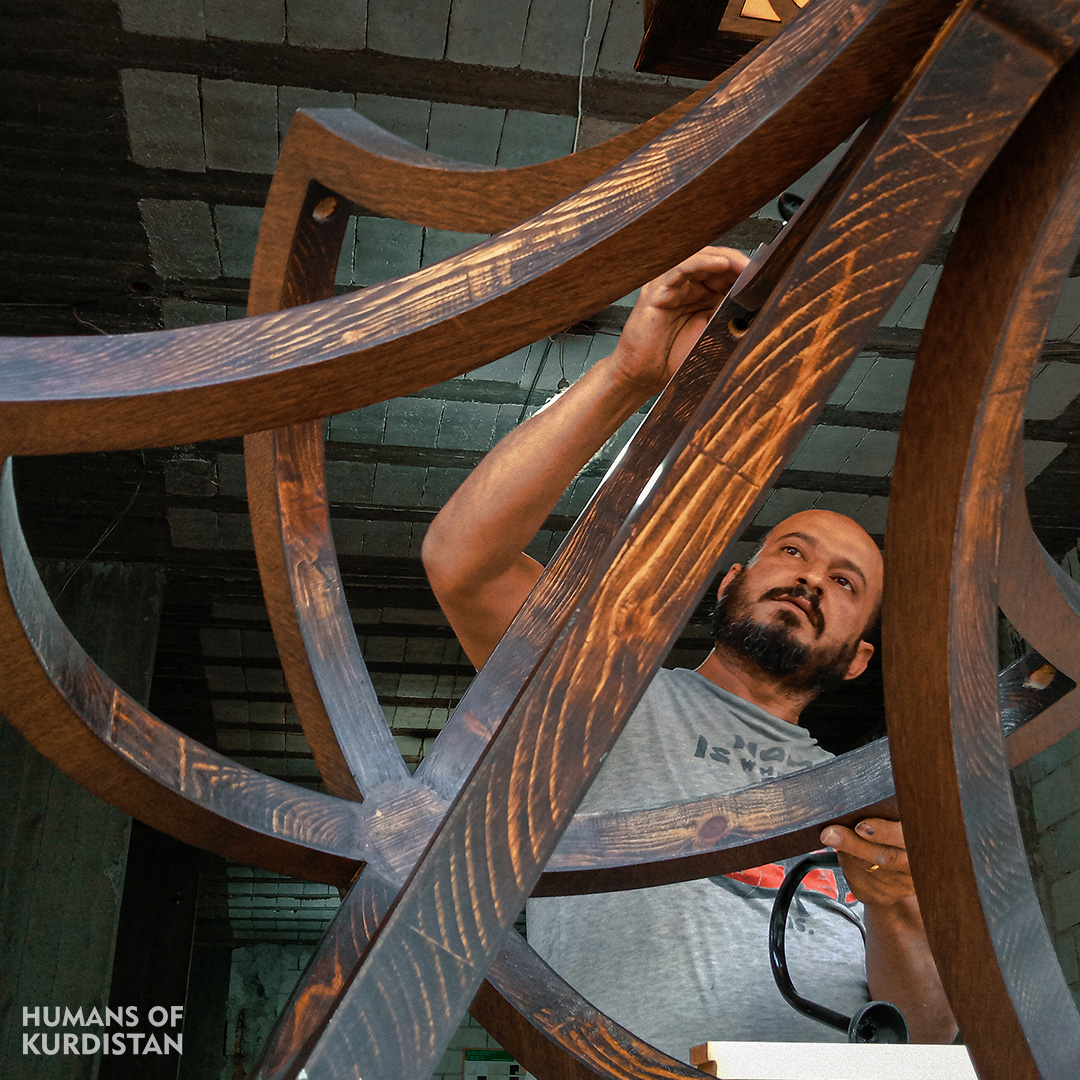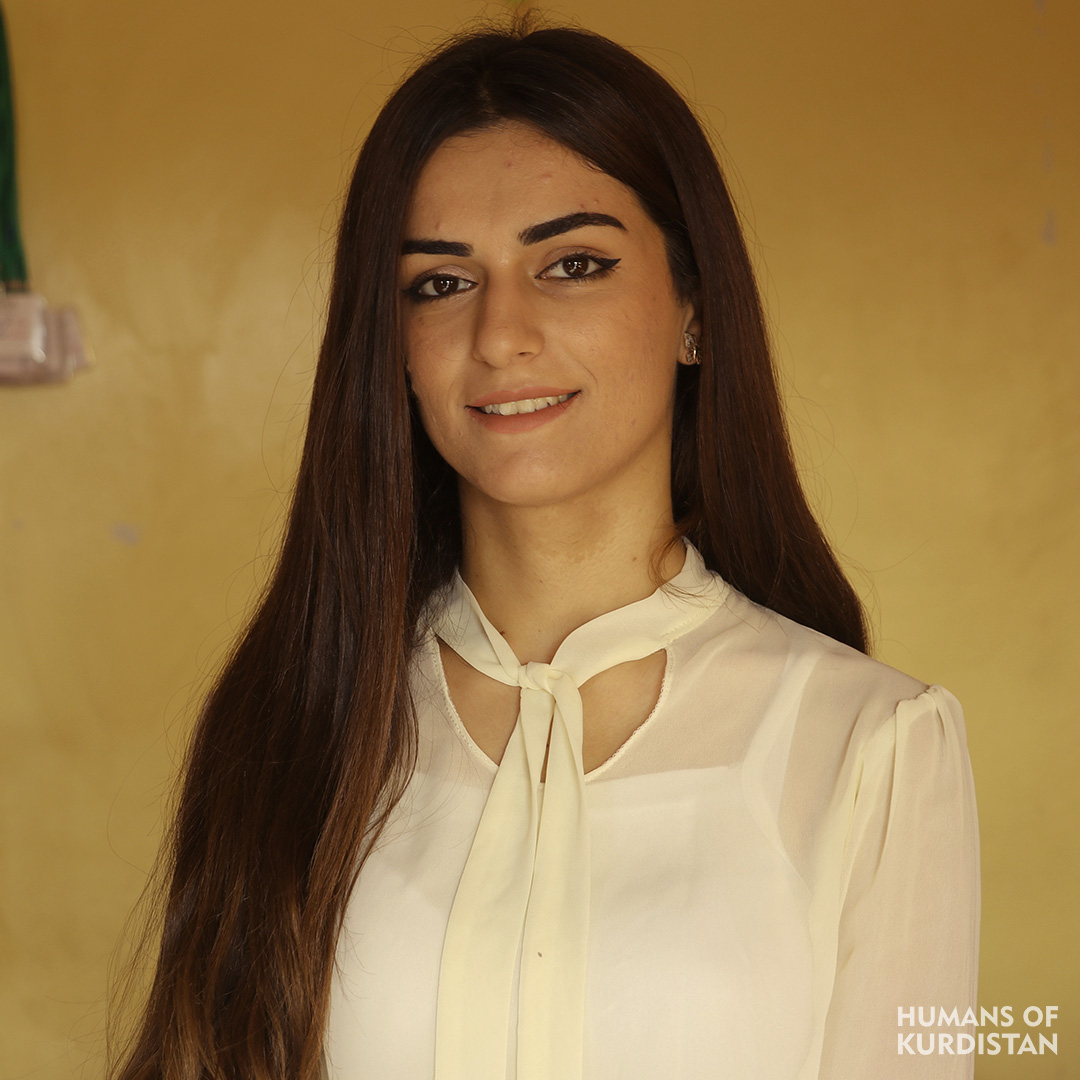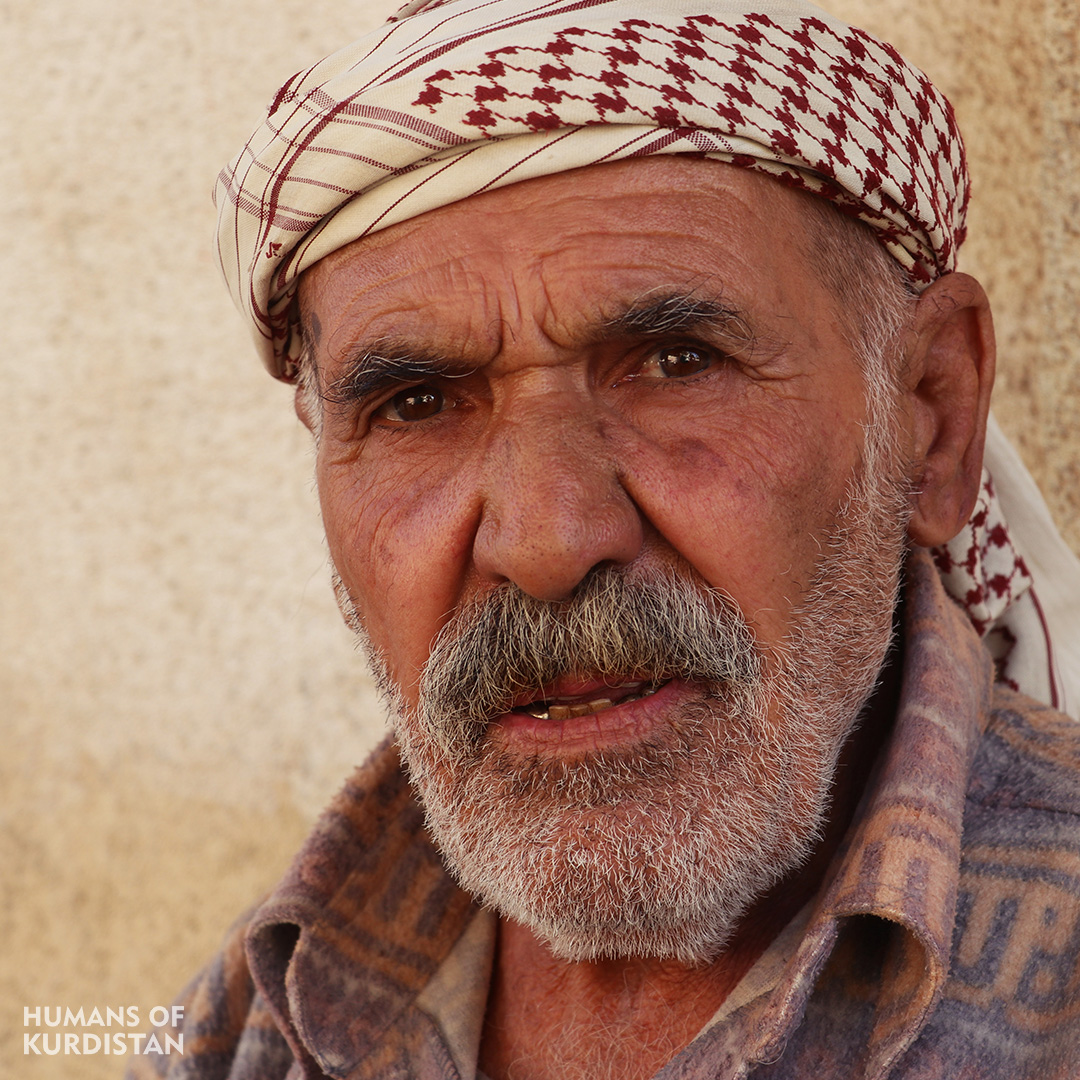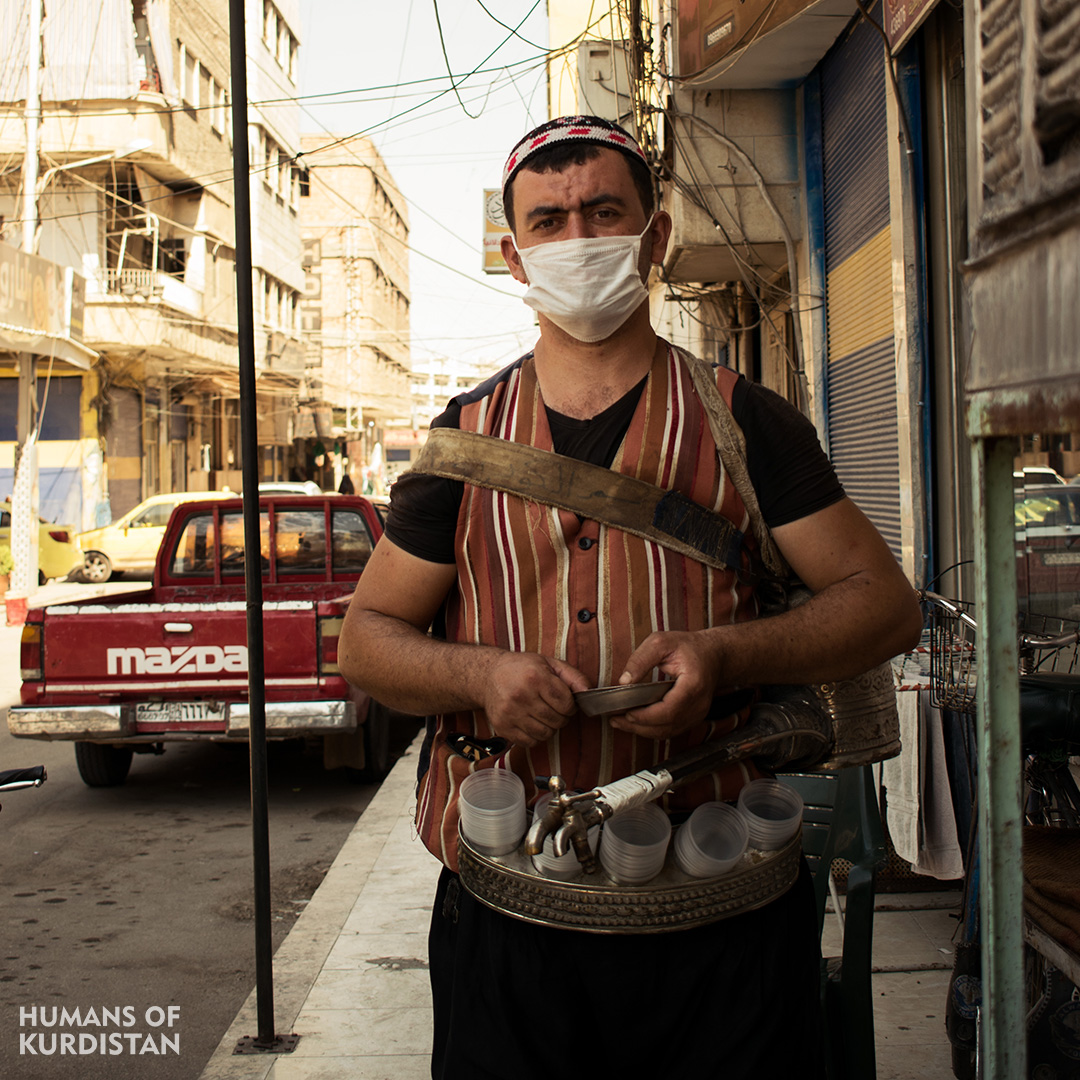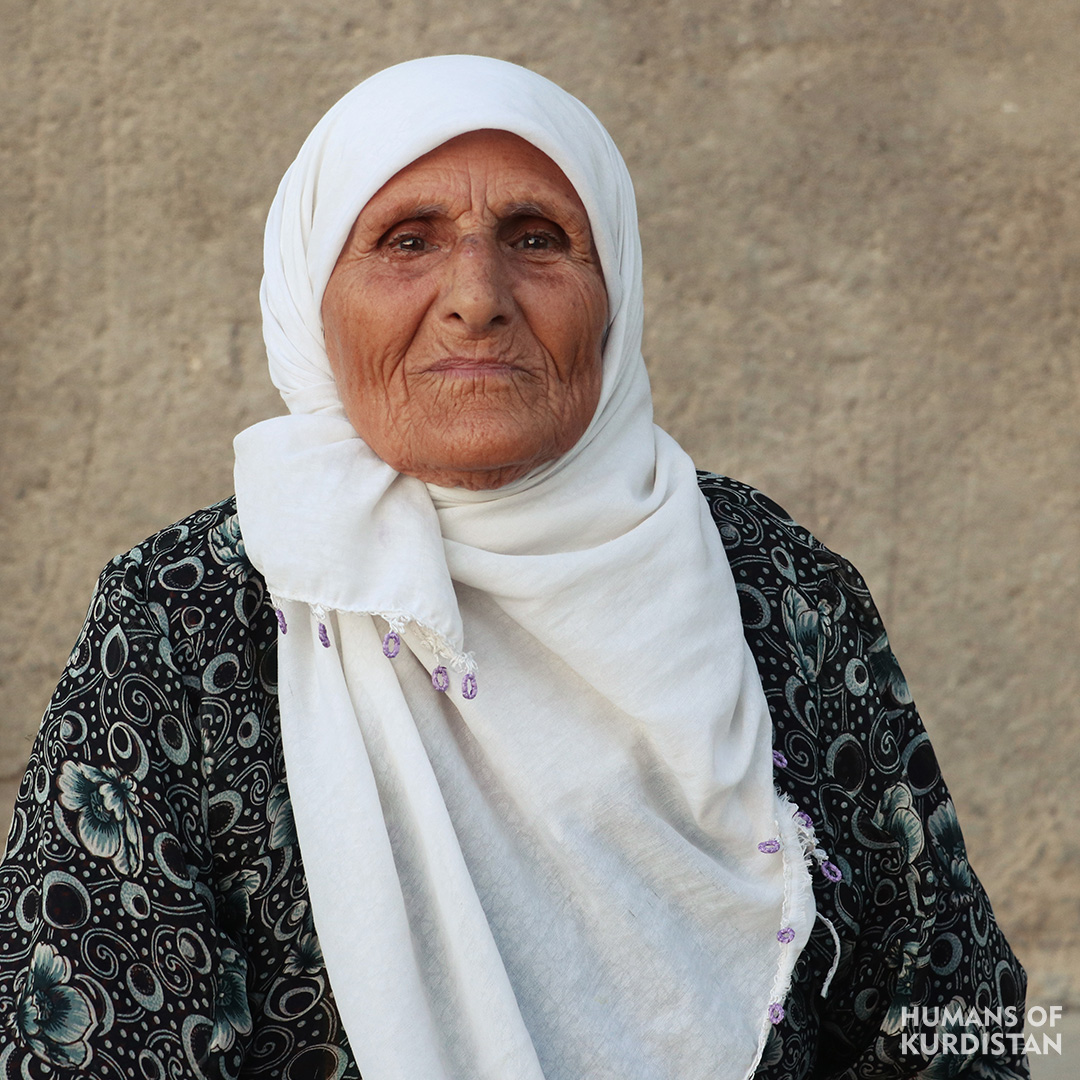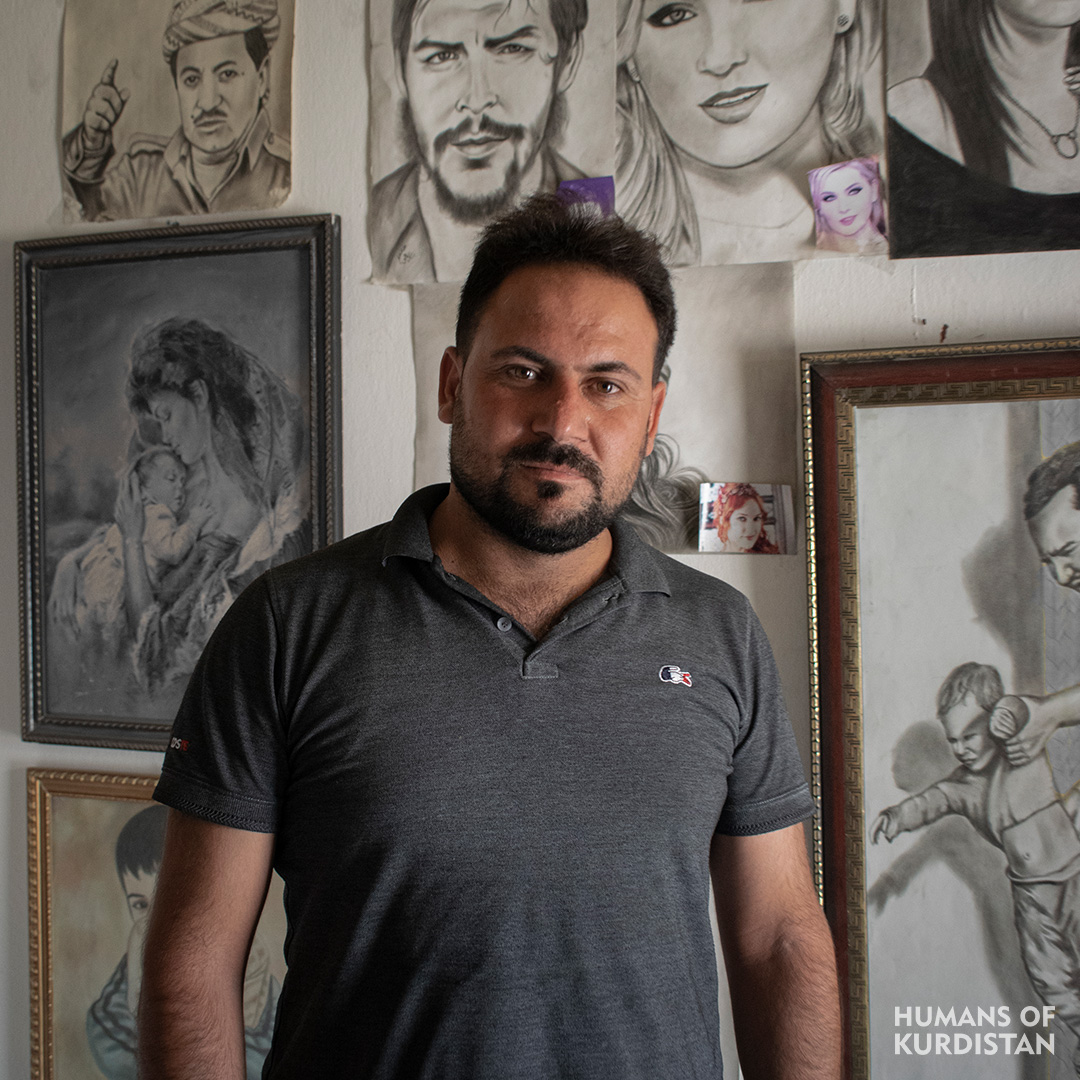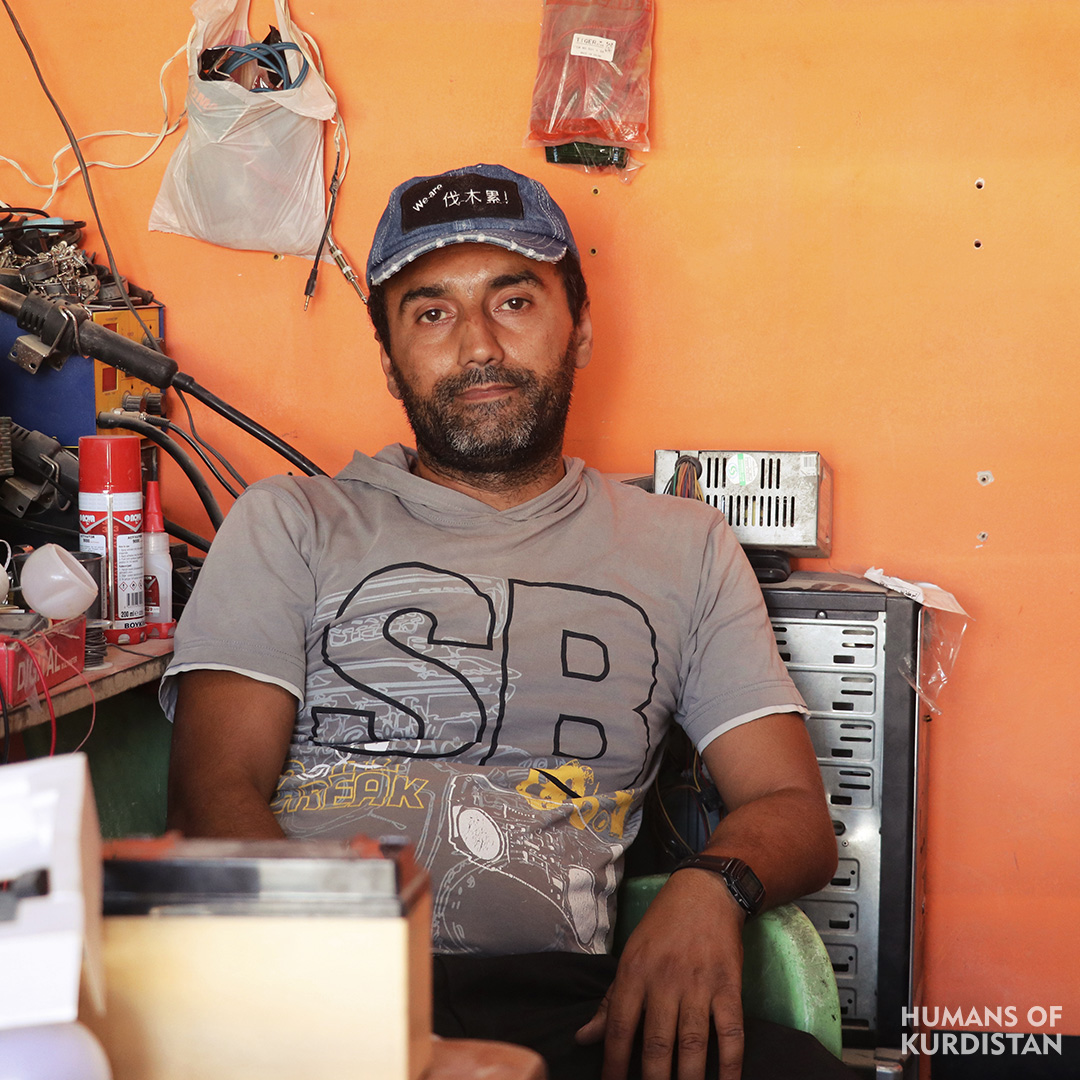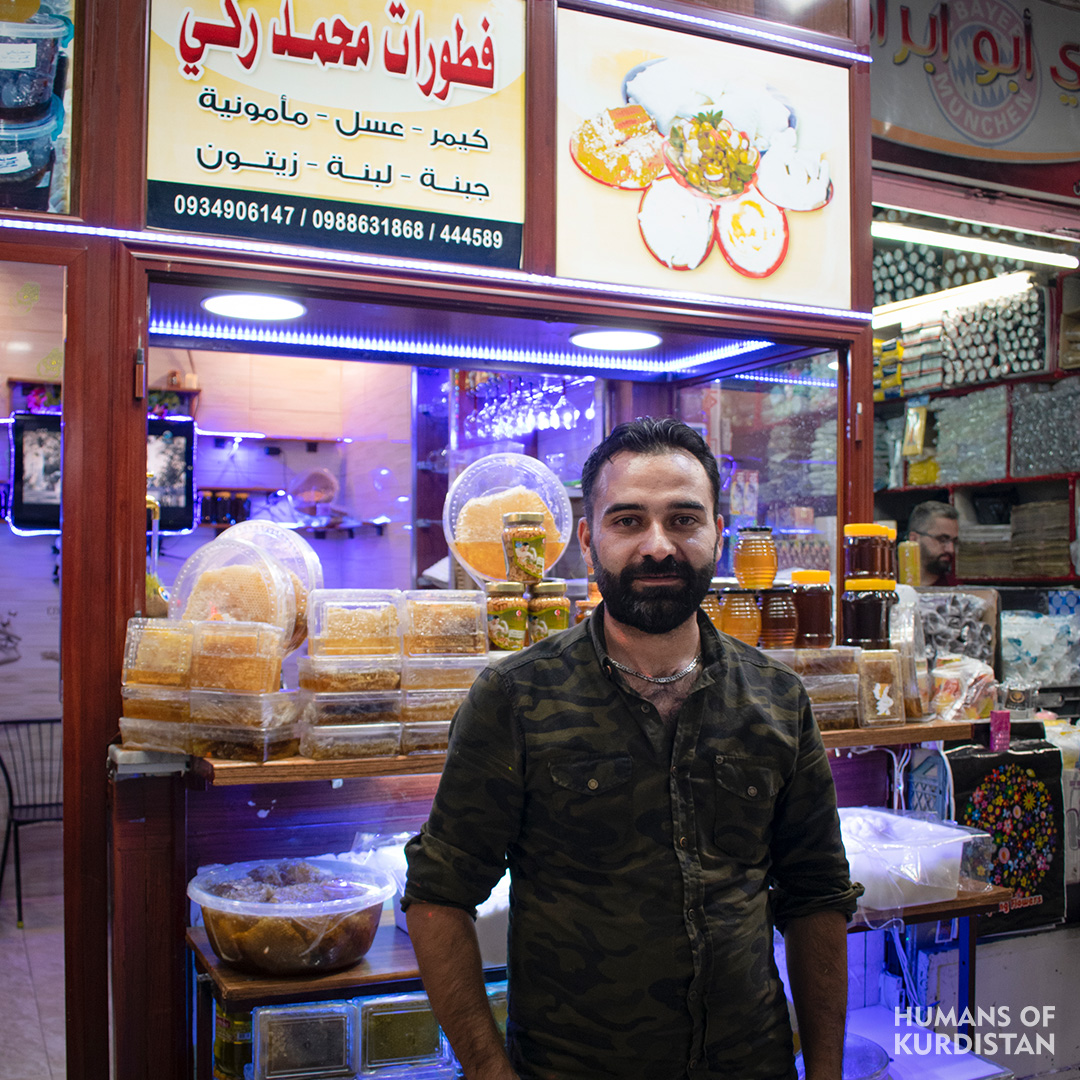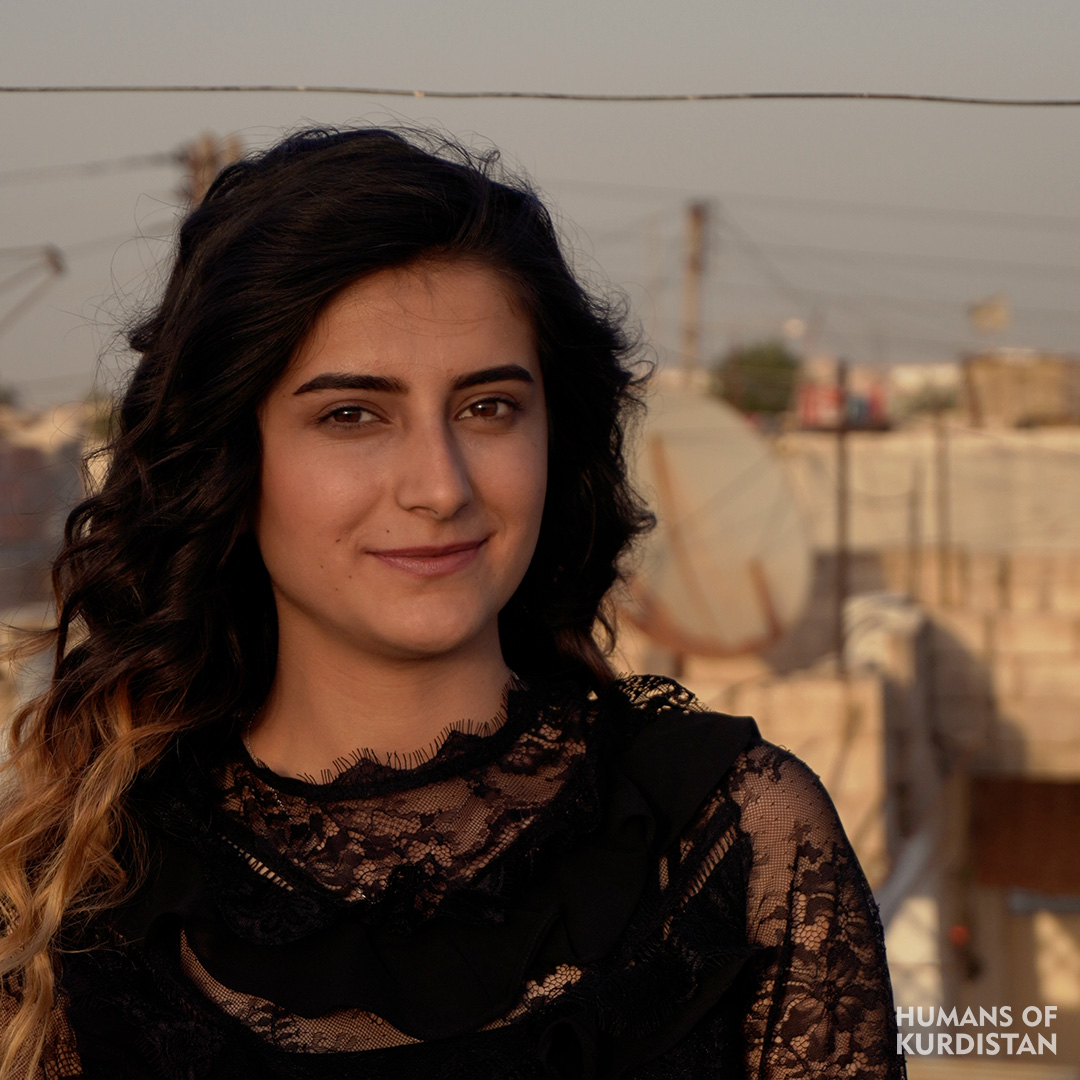October 16, 2020
“I have been selling Tasbih ever sense I was a child. I used to go to the bazaar and sell cigarettes from street to street and I used to see many children selling Tasbih so I wanted to do the same. I used to listen to what they were saying and started learning how to make Tasbih. At the beginning, I was making them from olive and date seeds and selling them as my crafts, it was only a hobby for me. However, little by little I started experimenting while making them, until I became so familiar with it that I opened my own shop. My hobby turned into a way of making a living and I will leave that legacy to my kids.” ...


